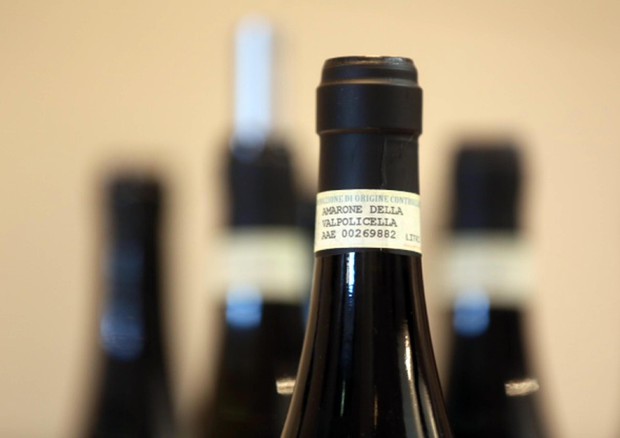Italy's Valpolicella wines are ending 2019 on a high note in Switzerland, with an ever larger chunk of the market. Valpolicella wines now account for 12% of Amarone ones in the country.
The consortium for protected wines has long monitored consumption in a country that is historically important and holds a great deal of potential, second in Europe only to Germany.
"In Switzerland, 36 litres of wine per capita per year," ANSA was told by the consortium's director, Olga Bussinello, noting that Switzerland is "a country we know well and in which we have been investing for years though informational and communications activities." From a commercial standpoint, Switzerland is a market marked by direct relations between consumers and sellers and not only large-scale distribution.
"We have retailers and small wine shops that sell our wines," Bussinello said, noting that these gourmet shops are ones "into which consumers enter for the pleasure of looking at the shelves and deciding."
The other half of the market consists of production sold by two large-scale distributors, with a dominant role compared with the food services industry, underscoring how important domestic consumption is in this country. The consortium noted that Italian wine imports to Switzerland had seen a 14% since 2013.
In collaboration with:
Consorzio per la tutela dei vini Valpolicella
